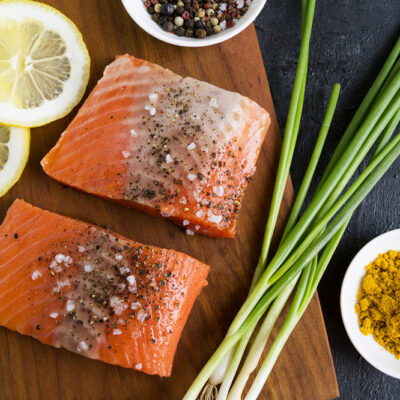
5 Tips for Organic Anti-Aging Skincare
With aging, our skin shows visible signs of lines, blemishes, sunspots, and wrinkles. The skin changes can be related to factors like genetics, the environment, and nutrition. But exposure to sunlight causes the greatest damage to the skin. The outer layer of the skin becomes thin as it ages and gets spotted and pigmented. Regular care with skin-friendly natural products can slow and reduce these signs. Organic ways of skincare protect your skin from any further harm that can be caused by artificial and synthetic products. Choose ingredients and products that nourish the skin by protecting it against the vagaries of age, pollution, and weather.
Use a richer cream as your skin ages
- The skin, as it ages, makes less of enzymes to keep it supple and elastic. Use a rich and creamy moisturizer that has vitamin A, C, and E.
- If your cream has CoQ 10, an antioxidant coenzyme, it would work to combat age spots, pigmentation, uneven skin tone, and fine lines.
- Creams and moisturizers with rosehip or shea butter are recommended. They can be used regularly on the face and neck and left overnight for silky smooth skin.
- Hyaluronic acid (HA) is another component in the skin that keeps it young and healthy. Use hydrating creams that contain HA as with age, the skin loses its capacity to make HA.
- Lanolin is a very effective emollient that keeps your skin hydrated and retains the moisture balance and is used for its anti-aging effects. It is a product that helps the skin from becoming dry and chapped during winter. It leaves the skin moisturized by absorbing twice its weight of water.
Remember to exfoliate at least once in a week
- Use products that contain retinol to exfoliate as it treats aging problems of skin like pigmentation, wrinkles, and lines. Retinol encourages skin to produce collagen that rejuvenates the skin.
- Alpha hydroxy acids (AHAs) also exfoliate and improve the appearance of fine lines. Gentler ways of exfoliation are done by using extracts of rice bran, pineapple, and pumpkin.
Be more careful with your diet
Eat food rich in antioxidants. Vegetables and fruits, healthy fatty acids from fish and nuts should form part of the diet. A varied and balanced diet with optimum levels of nutrients is important for healthy skin.
Consider taking supplements along with regular food
Beta carotene, zinc, selenium, vitamin A, C, and E are some important nutrients that should be part of your diet. If your diet does not include them, supplements should be taken.
Take care of your skin while you step out
UV rays can damage the skin and make it age prematurely. It is essential to wear sunscreen every day to protect your skin. Use natural facial sunscreens which help to reflect the harmful sun’s rays and also have nourishing and hydrating ingredients like essential oils that protect the skin. Use fermented rice water to protect the skin against damage from the sun’s rays, dark spots, pigmentation, and scarring. Rice wine also keeps the skin supple and prevents wrinkling.


